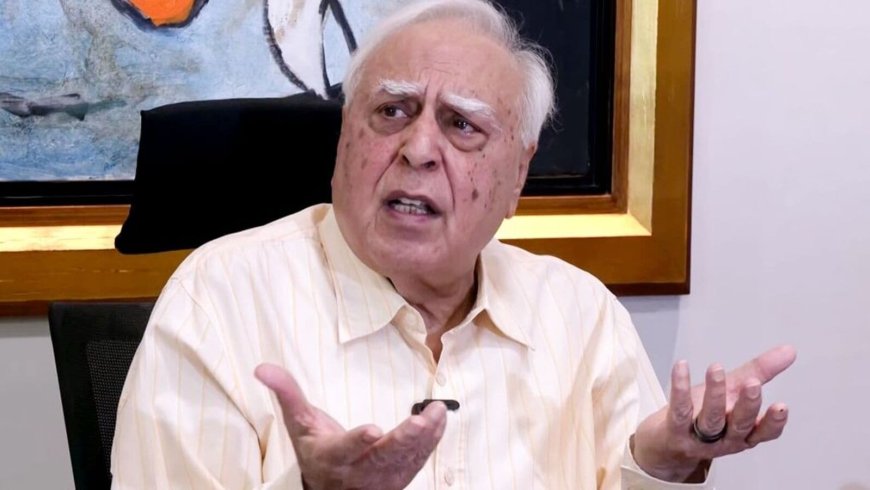Kapil Sibal counters VP Jagdeep Dhankhar: ‘Neither Parliament, Nor executive, Constitution is supreme’
Kapil Sibal asserted that the Constitution is supreme, countering VP Dhankhar's criticism. He emphasized the Supreme Court's alignment with constitutional values and national interest, while Dhankhar defended the judiciary's role, asserting Parliament's supremacy

Kapil Sibal Counters VP Jagdeep Dhankhar: ‘Neither Parliament, Nor Executive, Constitution is Supreme’
In a pivotal assertion on constitutional supremacy, renowned lawyer and politician Kapil Sibal has responded firmly to Vice President Jagdeep Dhankhar's recent remarks regarding the powers of Parliament and the executive. Sibal underscored that it is the Constitution of India that holds the ultimate authority, rather than any individual or governing body.
The Context of the Debate
The ongoing discourse initiated by VP Dhankhar's statements has ignited a crucial conversation about the separation of powers in India. By emphasizing the primacy of the Constitution, Sibal has positioned himself within a broader narrative that seeks to redefine the relationship among the Parliament, the executive, and constitutional provisions.
Understanding Constitutional Supremacy
Constitutional supremacy refers to the principle that the Constitution is the highest law in the land. In his response, Sibal articulated that neither the Parliament nor the executive can overstep the boundaries established by the Constitution. This assertion not only reflects on the balance of power but also highlights the fundamental rights guaranteed to citizens under the Constitution.
Implications of the Argument
Sibal's declaration serves as a reminder of the importance of adhering to constitutional mandates. It emphasizes the necessity for lawmakers and executives to function within the frameworks set by India's founding document, fostering a culture of accountability and respect for democratic principles.
Public Reaction and Political Ramifications
The remarks made by Kapil Sibal have prompted a diverse range of responses from various political factions. Some view his counter-argument as a necessary challenge to the prevailing narrative, while others perceive it as a politically motivated stance intended to undermine the executive's authority. The ongoing debate could potentially influence public opinion and legislative dynamics in the coming months.
For more updates, visit dharmyuddh.com. Keywords: Kapil Sibal response to Jagdeep Dhankhar, Constitution is supreme, Parliament vs executive debate, constitutional supremacy in India, role of Parliament and executive, Kapil Sibal political statements, recent political news in India, constitutional rights and powers, India constitutional law discourse, significance of constitutional supremacy







